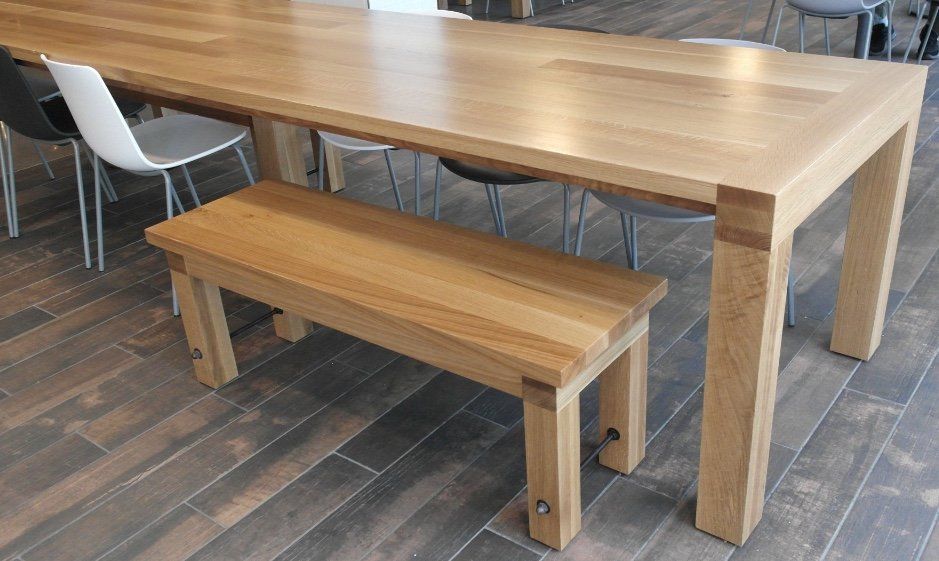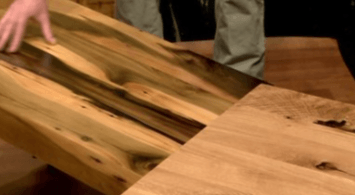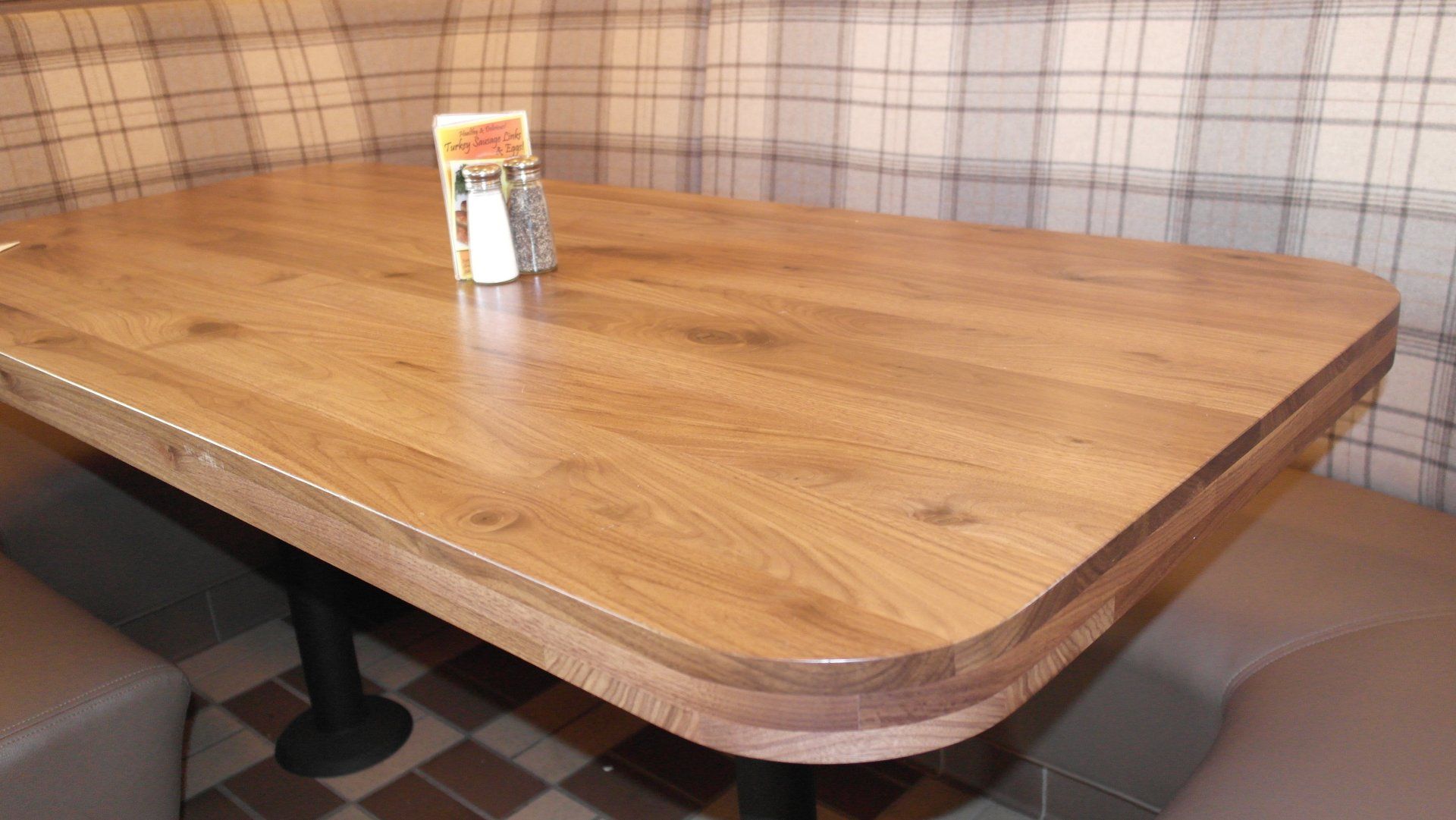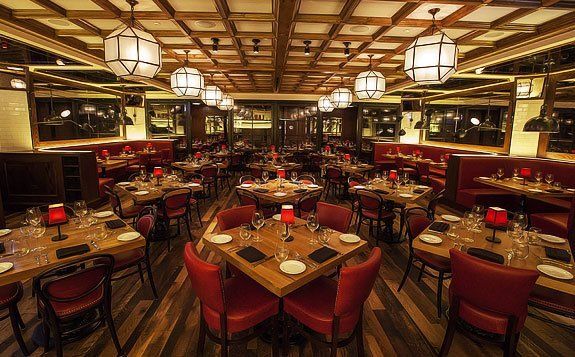Plant Chicago Blends Food Production With Sustainability
Plant Chicago is a nonprofit that is transforming our perspective on sustainability, especially when it comes to food. By seeing waste as an opportunity, they help individuals and businesses learn how to make their environments healthier and more efficient. In doing so, they disrupt conventional processes and create innovative solutions for eco-friendly food production.
Plant Chicago was founded in 2011 in order to develop and provide education on circular economies of food production, energy conservation, and material reuse. As their website explains, “In a circular economy, conventional waste streams from one process are repurposed as inputs for another, creating a circular, closed-loop model of material reuse.” Therefore, waste from one source is used as material for another, eliminating the amount of waste sent to a landfill.

The Plant, a 93,500 square foot former meat packing plant located in the Back of the Yards neighborhood of Chicago, is not only the place that Plant Chicago calls home, but it is also an excellent example of a circular economy. According to a Natural Resources Defense Council article , John Edel, the founder of Bubbly Dynamics, purchased the building in 2010. Bubbly Dynamics is an organization that repurposes derelict buildings in Chicago, and Edel had a special mission in mind for this one. He was looking “to create a model for urban agriculture in which one business’s trash could serve as another’s treasure, as a means for conserving resources and energy.”
The executive director of Plant Chicago, Jonathan Pereira, graciously spoke with us and explained that The Plant currently houses 15 small businesses, all involved with the food industry. Their products include bread, beer, coffee, mushrooms, greens, kombucha, cheese, and honey, among others. Whether focusing on farming, brewing, or baking, the businesses make it possible to mutually close their waste, energy, and material loops. Periera mentioned that The Plant hopes to double its number of occupants, but construction is still ongoing.
Though not all of these systems are put in place at The Plant, this video provides a clear explanation as to how the relationships between different businesses can work together to create a net-zero energy system. For example, plants can be grown that make oxygen for kombucha which in turn can make carbon dioxide for the plants. Furthermore, spent grain from the beer brewery can feed fish whose waste products can feed the plants. The waste that is unable to be reused can be fed to an anaerobic digester, which can transform the waste into biogas. The biogas can then provide heat and electricity to the building.

As part of Plant Chicago’s education efforts, the organization offers hands-on learning to assist businesses and the general public with incorporating sustainability into their current practices. Periera explained, “We work with businesses to identify ways that their output can be repurposed as input.” Their public workshops include mushroom growing and aquaponics. Aquaponics combines growing plants in water with raising fish, each system working symbiotically with the other. If you’re interested, the workshop schedule can be found here. They also offer field trips and classroom visits that focus on food production and sustainability for K-12 students. Plus, they host weekly public tours, so you can see their work in action for yourself. There’s even a year-round farmer’s market, filled with fresh produce, coffee, kombucha, and bread.
Periera mentioned that Plant Chicago uses The Plant as a study site to inspire its other projects. There are also similar endeavors occurring all around the world. For instance, in Copenhagen, a restaurant is being created to run on a closed-loop system. Other related projects are popping up in Ohio, Tennessee, and across the country with regard to landfills, solid waste reclamation, and sewage waste. Anaerobic digesters are taking off, as well.
We’re looking forward to seeing the further expansion of circular economies and the positive implications it will offer. To learn more about Plant Chicago, please visit their website, here. To learn more about our own sustainable practices, please click here and scroll down to our section entitled Commitment to Sustainability.











